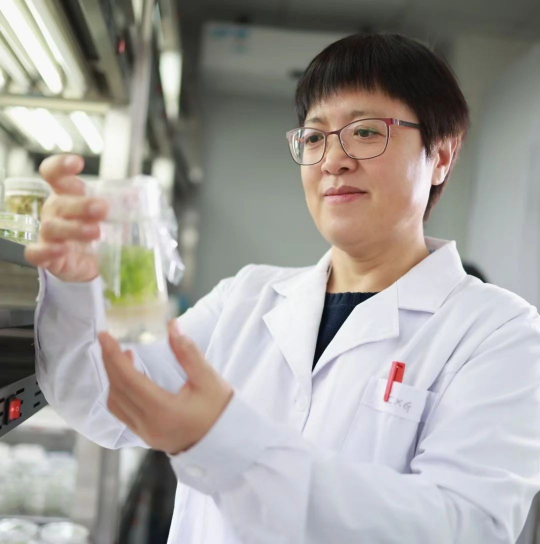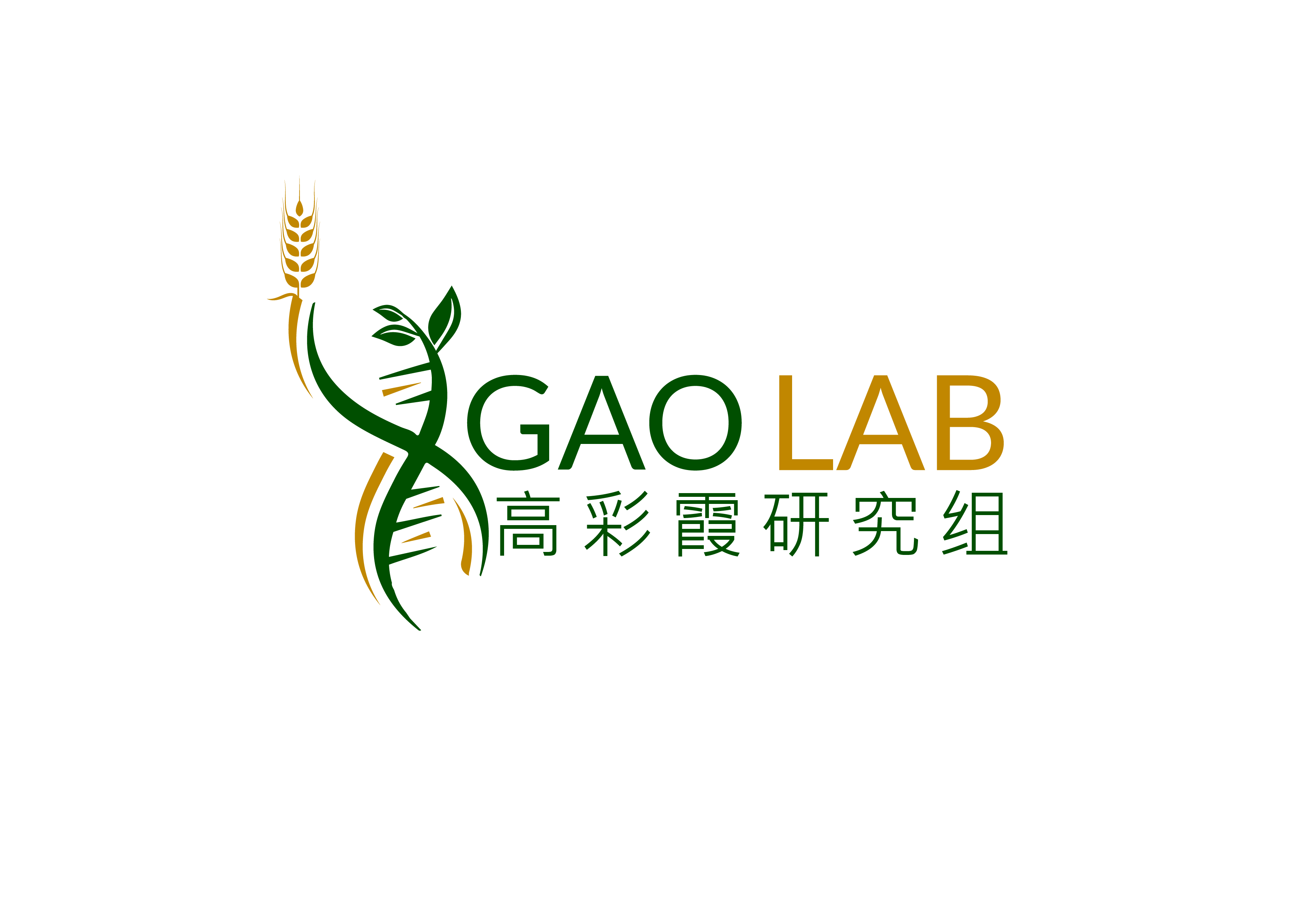Caixia Gao has been elected to the EMBO Membership, becoming the 14th scientist from mainland China to receive this honor
On July 1, 2025, the European Molecular Biology Organization (EMBO) officially announced its newly elected members. Dr. Caixia Gao of the Institute of Genetics and Developmental Biology, Chinese Academy of Sciences, has been elected as an Associate Member (Foreign Member) of EMBO.

Dr. Gao has long focused on independent innovation in plant genome editing technologies. She has achieved internationally influential, systematic, and original breakthroughs in the development of precise genome editing tools, genome editing-based breeding methods, and germplasm innovation. Her work was selected as one of MIT Technology Review’s "Top 10 Breakthrough Technologies" in 2016, one of China’s "Top 10 Scientific Advances" in 2023, the "Top 10 Advances in Bioinformatics in China" in 2023, and the "Top 10 Advances in Agricultural Science in China" in 2024. It was also named one of the “Seven Technologies to Watch” by Nature in 2024. Both Science and Nature have published in-depth profiles highlighting her outstanding contributions to innovations in genome editing and the transformation of crop breeding approaches.

EMBO was founded in 1964 and is headquartered in Heidelberg, Germany. Its core mission is to promote the development of molecular biology and related fields by supporting researchers, fostering international collaboration, and advancing scientific excellence. Election to EMBO membership is a lifetime honor, based on nomination and election by existing members. The organization currently has more than 2,100 leading researchers, including 92 Nobel laureates. Prior to Dr. Caixia Gao, 13 scientists from mainland China had been elected as EMBO Associate Members: Academician Huanming Yang (2006); Academicians Jiayang Li and Yigong Shi (2013); Academician Xiaodong Wang (2014); Academicians Feng Shao and Xuetao Cao (2015); Academician Fu Gao and Professor Hong Wu (2016); Professor Duanqing Pei (2018); Academician Le Kang (2022); Academician Ning Yan (2023); and Academician Zihe Rao and Professor Zhenbiao Yang (2024).
File Download:
